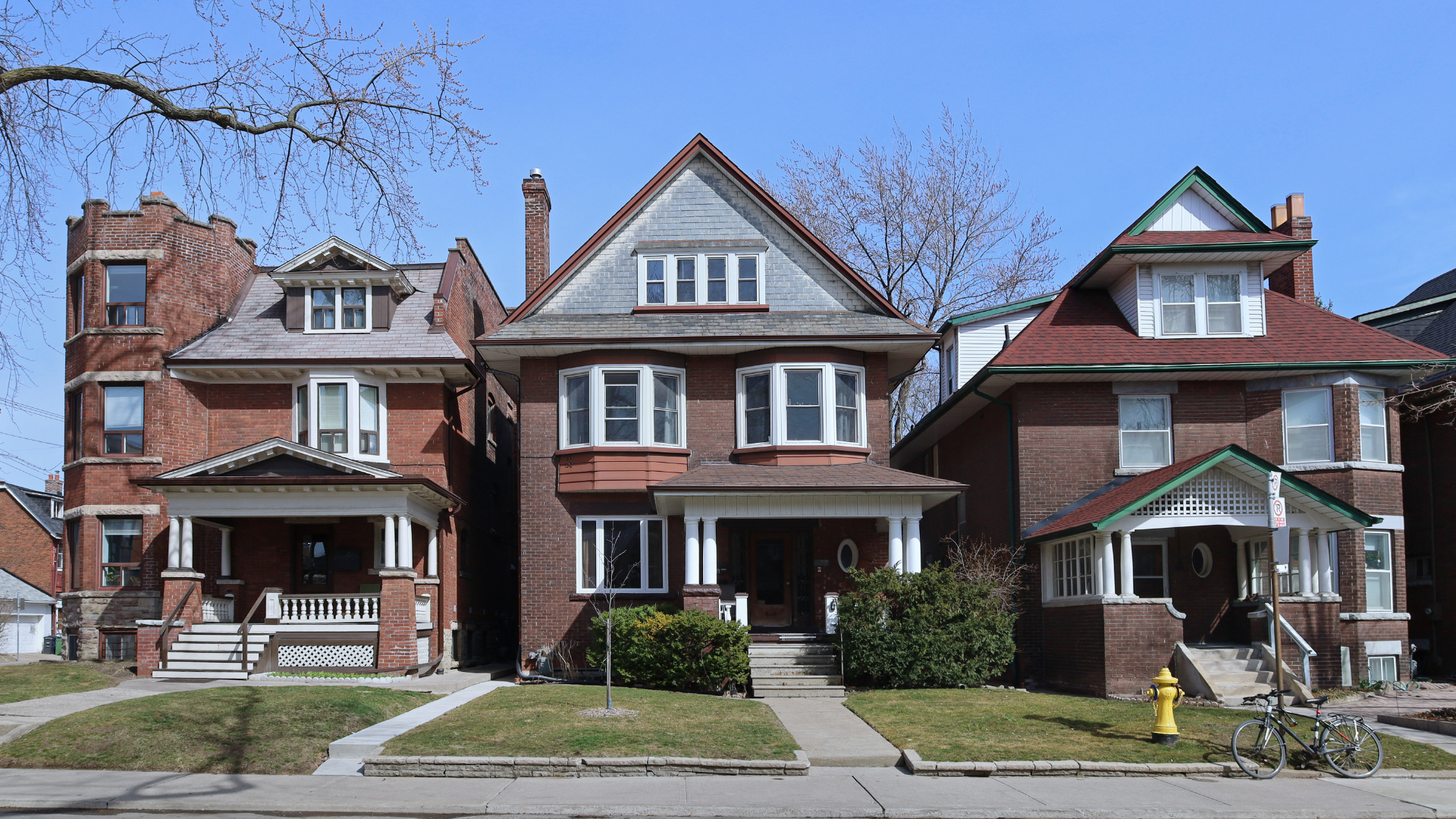On Monday, July 18, Chicago Association of REALTORS® Senior Director of Government Affairs Brian Bernardoni testified to the City Council’s Committee on Health and Environmental Protection.
As a result of pressure from building owners and aldermen, the Department of Streets and Sanitation agreed to add a 30-day warning of non-compliance. Only after that warning is issued would the 30-day clock start ticking on hefty new fines — ranging from $500 to $5,000-per-offense — against residential and commercial high-rises where recycling is either not provided at all or where local residents don’t comply.
This on-the-fly rewrite to the ordinance was approved by the City Council’s Committee on Health and Environmental Protection, setting the stage for a final vote at Wednesday’s meeting of the full City Council.
The Chicago Sun-Times has more.
Read Brian’s testimony below:
TESTIMONY OF THE CHICAGO ASSOCIATION OF REALTORS® IN OPPOSITION TO O2016-4792: AN AMENDMENT OF MUNICIPAL CODE TITLES 4 AND 11 REGARDING RESIDENTIAL RECYCLING
Chairman Cardenas, members of the Committee on Health and Environmental Protection, my name is Brian A. Bernardoni and I am the Senior Director of Governmental Affairs and Public Policy for the 14,000 member Chicago Association of REALTORS®.
REALTORS® support the Mayor’s policy to promote programs to reduce the waste generated at the source; to recover the materials for the purpose of recycling; and to return the materials to the economic mainstream. As introduced, however, we must oppose the ordinance in its current form on the basis as it is unduly onerous, the fines are significant and the ordinance was developed without the consultation of the REALTORS® and other building owners groups from across the City.
The reaction from my membership was harsh and swift.
Said one member: “The real life, ground-level practice clearly has not been thought through. The largest issue with the current ordinance is just finding the space. If you have a 12-unit building and have to provide parking and a dumpster, there is minimal space for the recycling dumpster, so now if you are not granted an exemption, you are forced to lose an enclosed, rent-producing parking pad for another receptacle, and pay for it monthly. Now, we are adding fines on top; fines which could be created by a passerby dropping the wrong item in our bin at no control of our own.”
Another member said: “A landlord failing to provide a flyer upon move-in is subject to a fine between $500 and $1000 per day for each violation and each resident and each day are a separate violation. If you have a 25 unit building that you did not provide the flyer upon move in, even if required common area flyers are posted, your potential liability is $25,000 per day, every day. Let’s make housing less affordable for everyone.”
When coupled with the environment where we have the onerous requirements of the RLTO, this complex ordinance creates a massive new problem for small to midsize landlords and exasperates an already difficult climate for landlords who are facing record property tax increases. Those increases and these fines are typically a pass-through expense to the tenants, which as a result, would increase the costs for residential and commercial rents in the City.
In a better situation, an outreach would have been conducted with landlords to discuss how this ordinance might work and to solicit changes. The City would work with us and others to develop a plan of action promote this to the landlords of Chicago. Consideration would have been made to look at what the fiscal impact might be for these landlords who provide affordable housing. Sadly, none of this took place.
As we sit here today, the ordinance has no warning provisions and will be implemented in less than six months.
We ask that, if the City is serious on a comprehensive new recycling plan, that it not rush to put a law on the books, but rather work with those directly impacted to craft an ordinance together to achieve the worthy goal it seeks to achieve.
This can be achieved with meaningful meetings between the Mayor’s office and the named Departments along with landlord groups and REALTORS® so that these problems can be discussed, policies and fine language can be modified and a plan for implementation that goes beyond those of us in organized real estate to include small owners is discussed, so the meaningful intent and goals of the ordinance can be achieved without adverse impact on Chicago’s landlords, small businesses and affordable housing.







